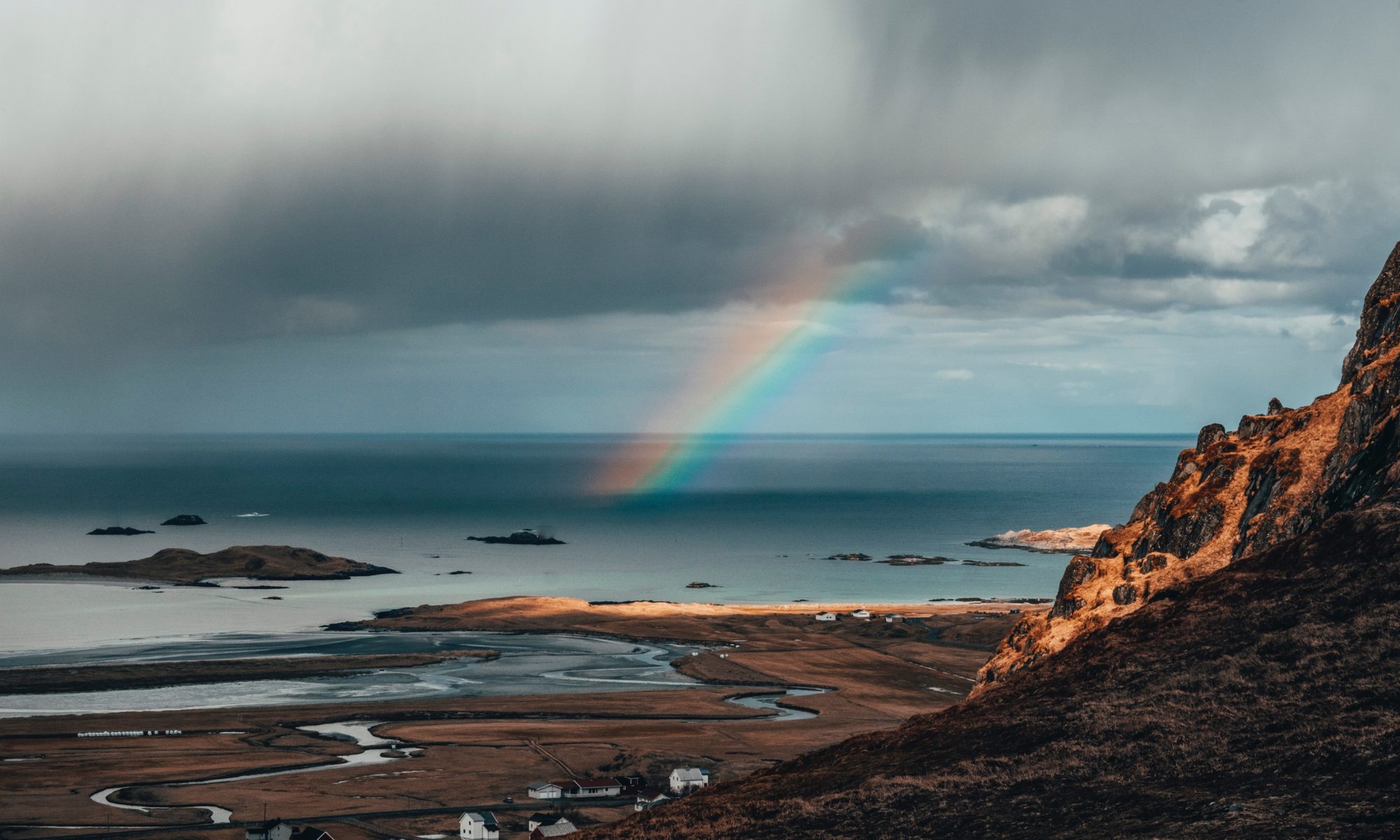“I have the diagnosis. It is breast cancer.” As the doctor said those words it was like a stomach punch unawares, taking my breath away, but at the same time I had the urge to turn and look over my shoulder to see who he was talking to. Certainly it couldn’t be me. My mind reeled, simultaneously rejecting and absorbing what he said. I have cancer.
This was just the most recent onslaught of physical trials for me. I recall another doctor many years before say almost the same words, “I know the diagnosis,” after administering an intravenous solution. I was just fifteen years old.
At that time the doctor told my parents I had a rare disease called Myasthenia Gravis (My-az-thee-nee-uh). It sapped my energy and strength so that in about a year’s time I went from an energetic teenager to being tired all the time, listless. My speech became nasal, I had great difficulty talking, chewing and swallowing and my eyelids drooped. I had a hard time gripping things with my hands, lifting my arms to comb my hair, and carrying my school books. My arms felt like lead weights.
At night in bed I secretly cried, asking God what was wrong with me. Was I going crazy? I felt like I was being locked into a cage in which my body was trapped. I was unable to move properly, like being in a suit of armor rusted stiff and immovable.
While my parents observed some of the changes in me, such as tiredness and listlessness, not normal for a healthy teen, they were not aware of all the symptoms of weakness I was becoming familiar with. Mom, who had always been at home before, had taken a job at the hospital to help support the family while dad studied surgery. Neither of them was at home as much as they used to be to observe these changes in me. They were unaware of my struggles with being unable to grip the knobs on my dresser drawers to open them, or the inability to lift my arms and comb or curl my hair, or being afraid to step up on things for fear of falling and hitting my head, which I couldn’t hold up well because of weak neck muscles. When I started choking on food, however, because the muscles were too weak to chew and swallow well, they became quite alarmed and started taking me to doctors to find out what was wrong.
I hadn’t always been tired and weak. I grew up healthy and happy. The oldest of four children, I had two brothers and a sister (my parents much later adopted another two boys). Ours was a happy home and I was an active, happy, vibrant child.
Living in the country, I remember doing things like tromping through the woods (I say tromping because I must have made enough noise to scare away any snakes for miles around; I never saw one, thankfully). We kids had a rope-and-tire swing hung from a tree on the edge of a bank, and we’d swing Tarzan-like out over the drop-off and back around to our starting point, unless we crashed into the tree the swing was tied to instead of our intended landing point. I loved riding horseback and playing in the creek which ran through the eighty acres of our land. I wasn’t much for dolls, and my mother’s mantra to the four of us kids, “Go outside and play!” contributed to my tomboyishness.
Now, at about age thirteen, after the family moved to the big city so my doctor-dad could study surgery, life took on a different tone. I began to have symptoms of muscle weakness and the inner struggle it brought on because I didn’t know what was happening to me. The not knowing is torture. For two years I lived in this no-man’s land of doubt and increasing weakness.
When I finally got my diagnosis, rather than fear, I felt relief! I wasn’t crazy! There was a reason for what was happening to me; I had a disease with a name! Strange comfort, you think, but oh, very real.
